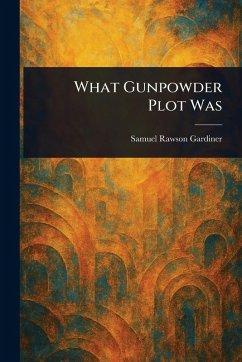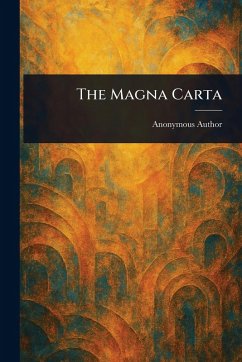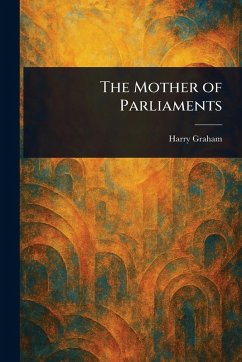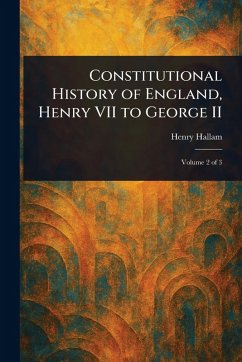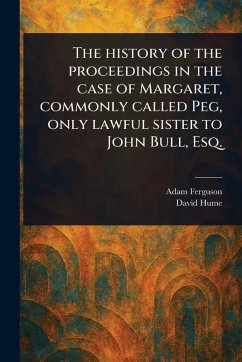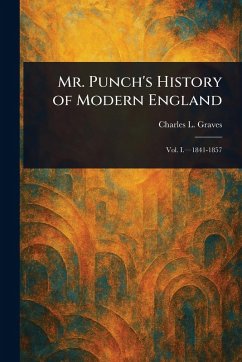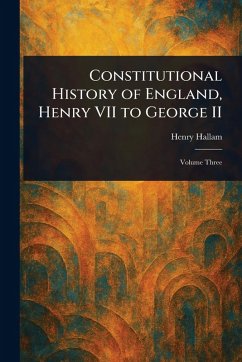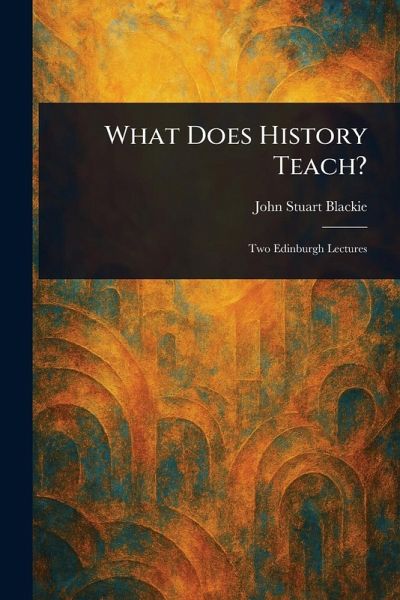
What Does History Teach?
Versandkostenfrei!
Versandfertig in über 4 Wochen
14,99 €
inkl. MwSt.
Weitere Ausgaben:

PAYBACK Punkte
7 °P sammeln!
"What Does History Teach? Two Edinburgh Lectures" by John Stuart Blackie delves into the enduring relationship between church and state, offering insightful social commentary relevant across generations. A vital contribution to the study of history and politics, Blackie examines the lessons embedded within historical narratives, prompting readers to consider the ongoing interplay between government, society, and religious institutions. Drawn from lectures delivered in Edinburgh, this book offers a lens through which to view the history of Great Britain and broader European social history. Expl...
"What Does History Teach? Two Edinburgh Lectures" by John Stuart Blackie delves into the enduring relationship between church and state, offering insightful social commentary relevant across generations. A vital contribution to the study of history and politics, Blackie examines the lessons embedded within historical narratives, prompting readers to consider the ongoing interplay between government, society, and religious institutions. Drawn from lectures delivered in Edinburgh, this book offers a lens through which to view the history of Great Britain and broader European social history. Exploring the theories and practical realities of power structures, this historical text remains a thought-provoking exploration of timeless questions about the forces that shape civilization. This work has been selected by scholars as being culturally important, and is part of the knowledge base of civilization as we know it. This work is in the public domain in the United States of America, and possibly other nations. Within the United States, you may freely copy and distribute this work, as no entity (individual or corporate) has a copyright on the body of the work. Scholars believe, and we concur, that this work is important enough to be preserved, reproduced, and made generally available to the public. We appreciate your support of the preservation process, and thank you for being an important part of keeping this knowledge alive and relevant.






